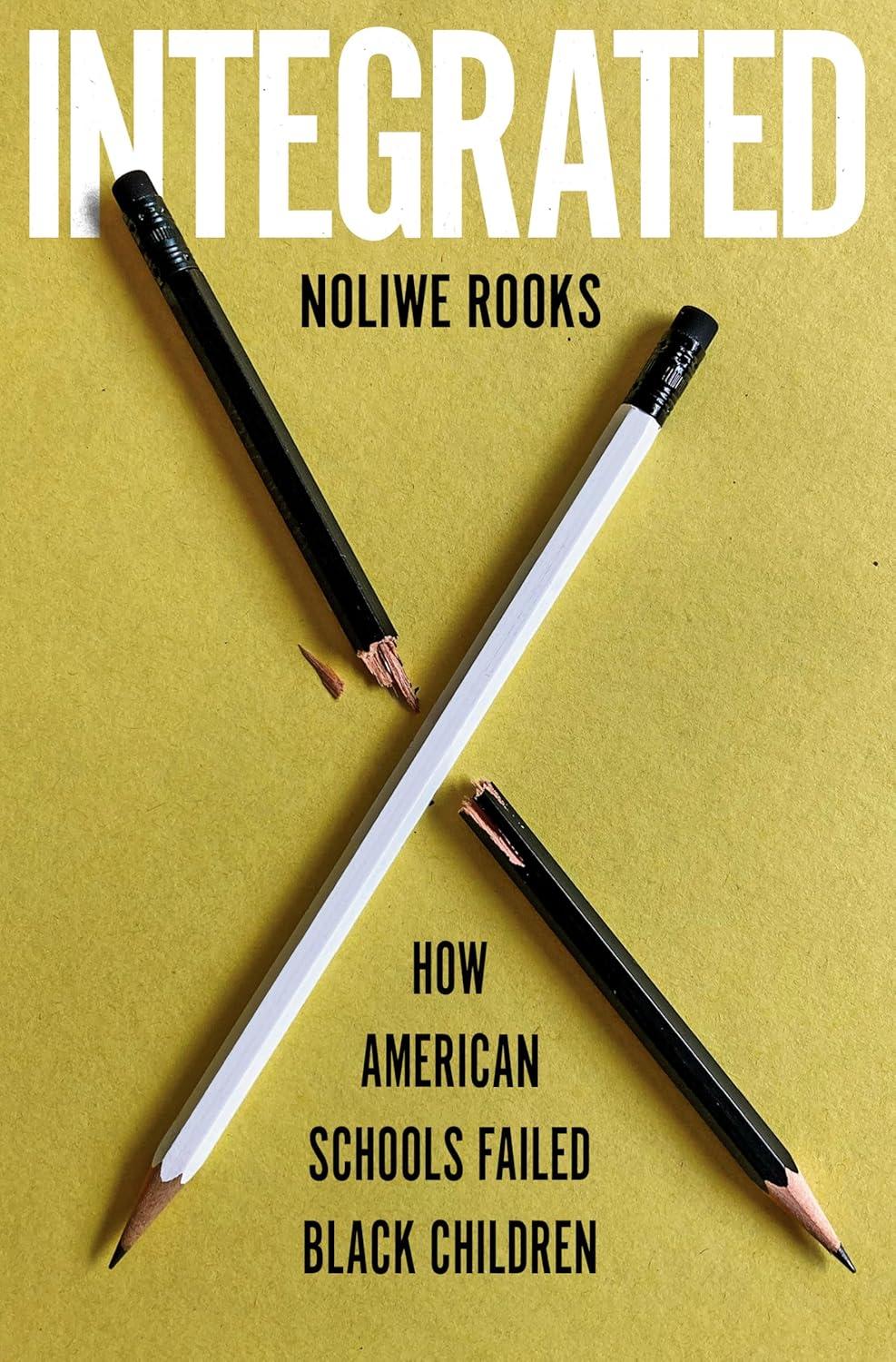Carlton Terry was twelve the year Prince Edward County schools closed to Black children. Thinking back on that first year, he said, “All I knew was that I wasn’t in school, and I knew the reason why. I realized that the legal system was not working, at least not working for me. I remember sitting at home, watching Amos ’n’ Andy on TV, shell-shocked. I read the newspaper every day to see what would happen.” After a year sitting at home, his family, as was true for most Black families, came to understand there was no real end in sight. They decided to take the Quakers up on their offer to send him to school in Massachusetts. In reflecting on the period, he says, “I only lost one year, and I feel like I was hurt. But imagine what it must be like for those who lost four or five years, or never went back.”
By the spring of 1960, a federal judge again ruled that Virginia had to stop using taxpayer money to fund a school system only for white children. No matter—at least initially, district officials ignored that court ruling. In addition, white officials helped themselves to public school resources, simply taking what they wanted from locked public schools. They took books, desks, and even goalposts for a new football field at the private, white-only school. A local businessman, Robert Taylor, recalled that white officials took “everything but the clocks.” Carlton Terry, the young man who had to relocate to Massachusetts to receive an education, told the Washington Post reporter that he “eventually got to the point where I hated whites.”
In the 1960s North, rising levels of anti-integration activism, not courtroom battles, most forcefully brought the issues of race, segregation, and education to a head. For the first few years, the federal government ignored the continued Massive Resistance taking place in plain view. President Dwight Eisenhower, who was in office from 1953 to 1961, was no fan of Brown, once noting that it was unlikely white people would comply with the ruling. “I do not believe that prejudices,” he said, “will succumb to compulsion,” adding that he believed imposing federal law on the states “would set back the cause of race relations a long, long time.” Initially, pleas to Eisenhower about this slow murder of children’s educational futures did not garner much response at all.
